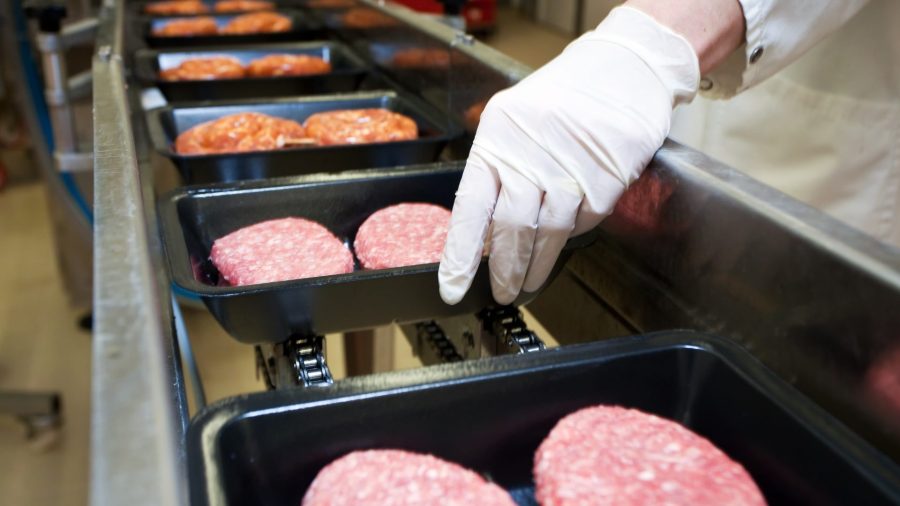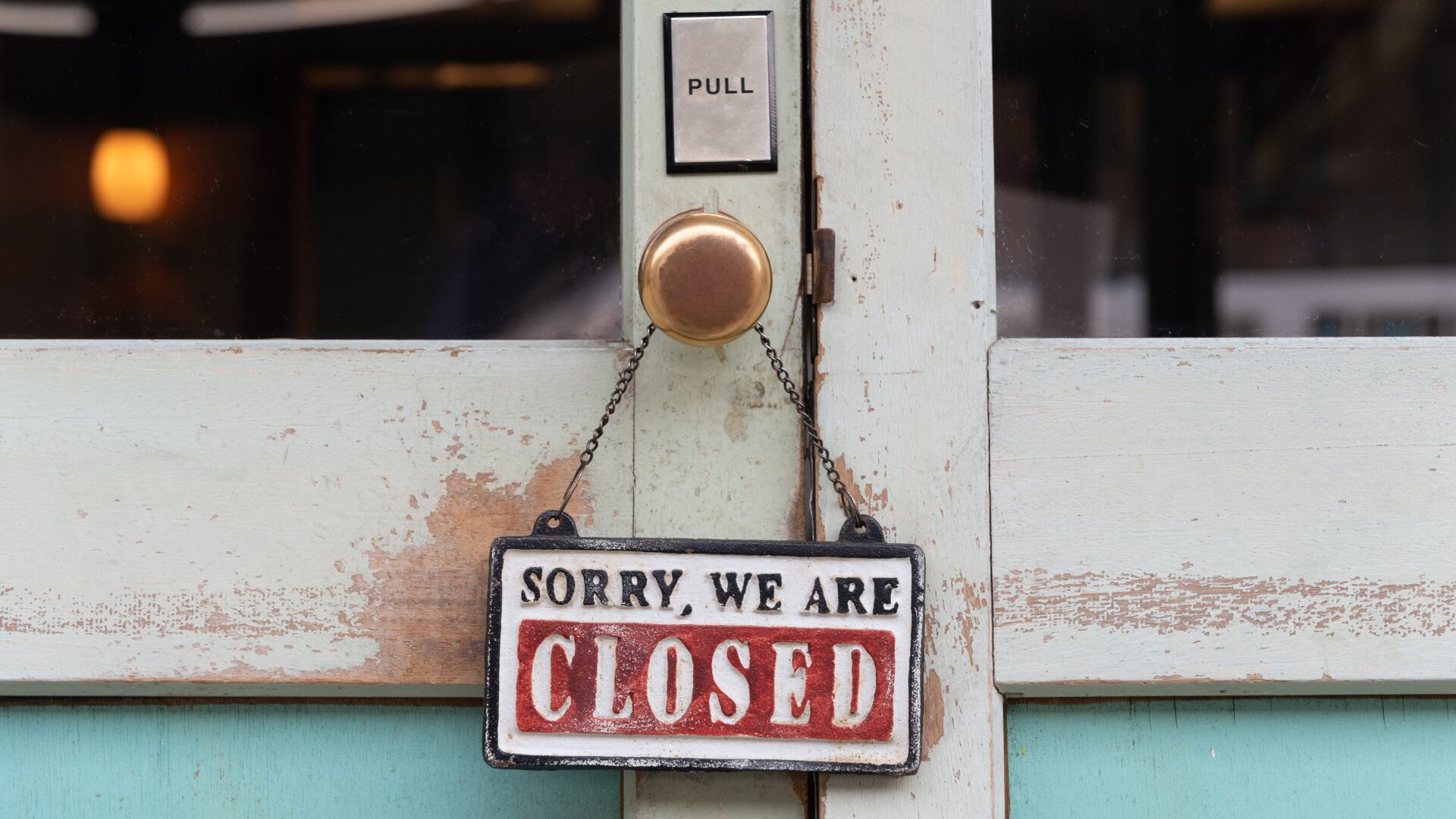Since its debut in 2022, the TV series The Bear has received critical acclaim for its tension and technical accuracy, but more importantly, for the awareness it’s raised about the ongoing mental health crisis plaguing the foodservice industry.
In a 2023 survey by Unilever Food Solutions, 60% of chefs reported that their job negatively impacts their wellbeing. However, that number is likely much higher in reality, as many workers are unwilling to open up about these issues due to the stigma that remains around mental health – especially for men, who represent 74.8% of U.S. chefs and kitchen staff, according to Zippia.
Although mental health issues within the hospitality sector are nothing new, they’re finally being acknowledged and addressed – and Chef Chris Aquilino, chief culinary officer at Elior North America, is leading much of the charge.
Recently, Chef Aquilino sat down with The Food Institute to discuss a growing movement to create healthier, more sustainable kitchen cultures within the industry.
Artistry Meets Advocacy
Chef Aquilino started cooking at age 13 in a friend’s family restaurant – long before it was legal for him to do so.
“I was absolutely bitten by the bug when I was very young. Being from an Italian family, I watched my great grandmother and my grandparents cooking, and it was just alchemy in the kitchen. I really fell in love with it,” Aquilino said.
While his love for cooking remains strong, it wasn’t plan A. He initially gravitated toward fine arts – not culinary arts.
“In art school, I really got into cognitive psychology, which was my minor. I started learning and understanding cause and effect and how the brain is wired, and I wanted to understand how the business that I love and have been in forever affects people,” Aquilino added.
After art school, Aquilino returned to the foodservice industry, where he’s worked for the last 37 years.
“I have seen it all, and I’ve witnessed a lot of people burn out,” said Aquilino.
Cooking Under Pressure
While Chef Aquilino acknowledges that workplace mental health issues are rampant in every industry, they’re particularly challenging in the fast-paced foodservice realm.
“When you put them into the pressure cooker – pun intended – of the kitchen, you really see the microcosm of that stress and anxiety,” Aquilino told FI.
And this ruthless, performance-driven environment can make even the most basic self-care habits feel impossible.
“You have to be a little mad to work in foodservice, right? You have to have a passion that really drives you, but it can kind of take over.”
“You’re like, ‘Am I going to eat today? No, I’m probably going to push through and get this project completed.’”
However, Aquilino was able to set boundaries from the get-go.
“I wanted it all – the best of all worlds. I wanted my skills and craft to grow, but I didn’t want to walk away from the stuff that makes life good.”
He attributes this approach to a combination of luck, fortitude, and self-preservation, although he admits his unique background in art and cognitive psychology likely played a role.
“Having the ability to take that step back and be self-reflective, or industry-reflective, is almost the same as trying to break down what a painting means in my mind.”
The Burnt Chef Project
Today, Aquilino is using the abilities and insights he’s amassed in the last four decades to help others in the industry who are struggling.
Last month, he became an ambassador of the Burnt Chef Project, which connects foodservice workers with mental health resources – from training materials to deep-breathing exercises that don’t cost employers a dime.
“We have to prioritize mental health. It’s about communication. It’s about culture, respect, and recognizing people when they do a good job. It’s a culture where we love recognizing people for doing a poor job.”
However, change doesn’t happen overnight – especially within a high-pressure industry – so Aquilino recommends for foodservice establishments to make micro-shifts.
“You can’t boil the ocean. You can’t solve everything at once. You have to make small, culture-rooted changes within a business.”
He also recommends that employers create opportunities for open and honest communication.
“Hold space for it, whether it’s a lineup or a stand-up. I’ve got a friend I work with who says things like, ‘I’m just going to say the words right now. I’m kind of having a crappy day.’ And then, you have to let people help you and hold you up.”











